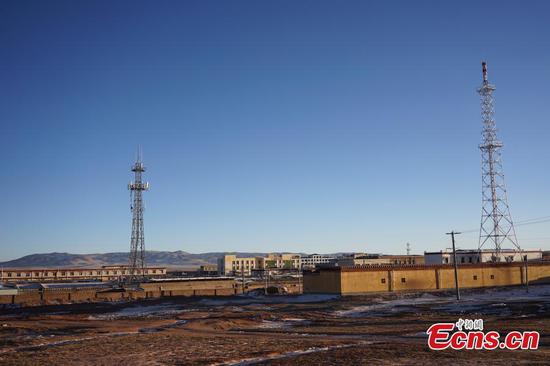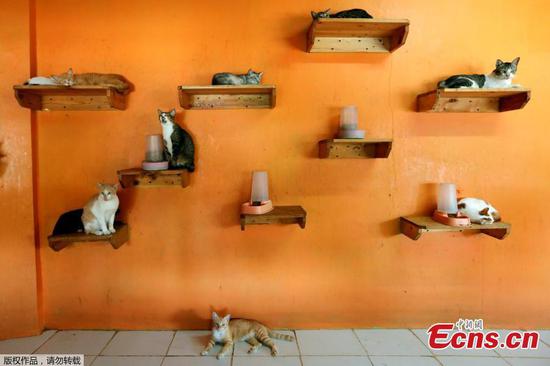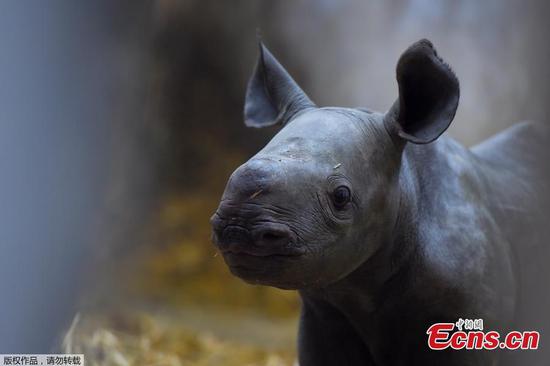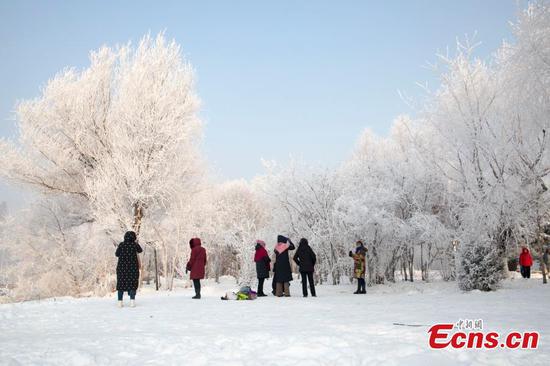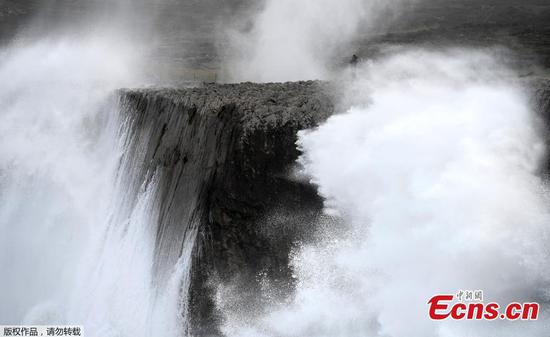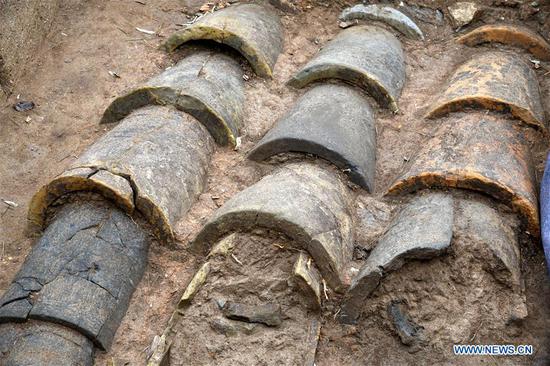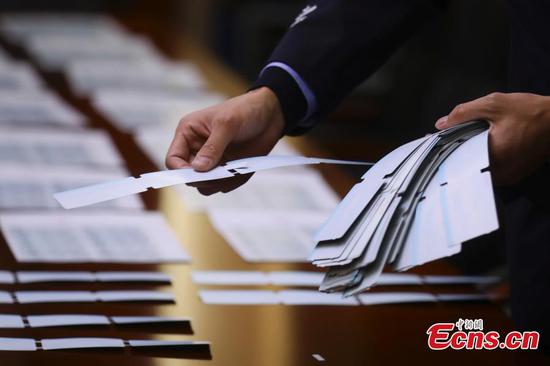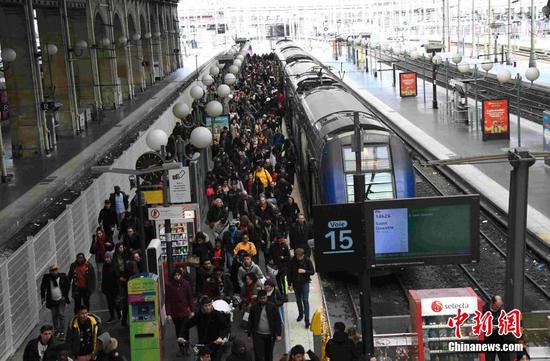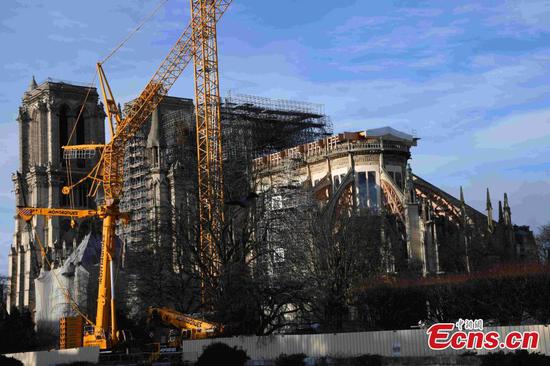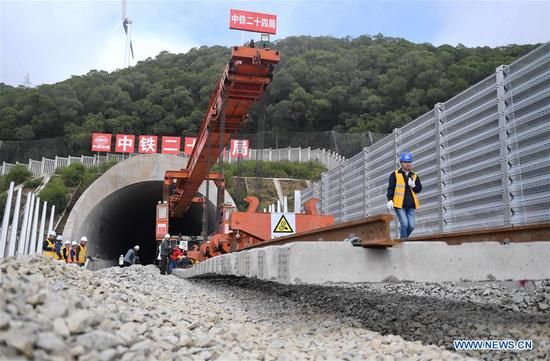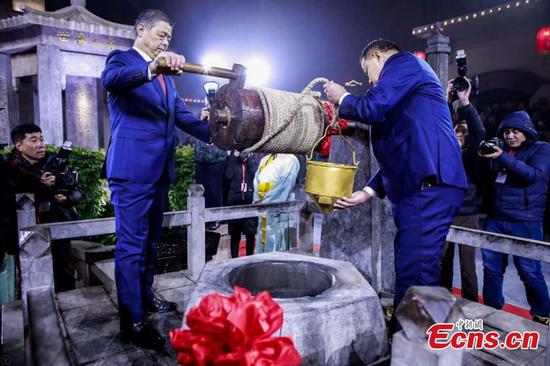China's tax and fee reduction initiative may boost overall economic growth by 0.8 percentage point this year, and policymakers are saving money to support economic growth through controlling unnecessary expenditures, Finance Minister Liu Kun reported to the country's top legislature on Wednesday.
Tax and fee cuts in 2019, predicted to exceed the annual target of 2 trillion yuan ($286 billion), will speed up the GDP growth, promote increases in fixed-asset investment by 0.5 percentage point and lift retail sales by 1.1 percentage points, Liu said at the ongoing bimonthly session of the Standing Committee of the National People's Congress.
From January to October, tax and fee cuts totaled 1.97 trillion yuan, with the full year's amount to be over 2 trillion yuan, representing about 2 percent of GDP, much higher than any other country, Liu said.
The Ministry of Finance said that in the April-October period, the value-added tax in manufacturing and wholesales industries dropped by 459.88 billion yuan, down by 25.7 percent from the level before April 1, when VAT reform was launched.
For small and micro-enterprises, about 186 billion yuan in taxes had been reduced by the end of October. The average per-person income tax payment dropped by 1,786 yuan by the end of October, compared with a year earlier.
Li Xuhong, a senior researcher with the Beijing National Accounting Institute, said that given the tax cuts, "attention should be given to the sustainability of fiscal policies." The cuts will put pressure on the fiscal budget and push the government to increase debt.
To maintain stable fiscal spending-the major force behind infrastructure investment-the government's daily administrative expenditures may drop by over 10 percent this year, given that the top leadership pledged to "tighten the belt" in some areas, Liu said.
Given less tax income, local government budgets may see a shortage this year, while the central government is able to achieve its budgeted income. Any shortages, if amounts are small, will be supplemented through reducing spending that is not urgent, Liu added.
"Policymakers … plan to consolidate the effect of tax cuts this year, which almost rules out the possibility of further tax cuts," said Song Yu, chief economist of Beijing Gao Hua Securities. "The fiscal deficit target of 2.8 percent in 2019 is likely to be hard to achieve already and further cuts are not practical. But this should have been widely anticipated."
On Nov 27, the Ministry of Finance issued a new special bond quota of 1 trillion yuan in advance, accounting for 47 percent of the 2.15 trillion yuan total quota in 2019. The ministry instructed local governments to use funds raised by the special bonds for infrastructure projects "as soon as possible". The policy's effect should be seen at the beginning of 2020 in shoring up economic growth, the ministry said.
The annual Central Economic Work Conference on Dec 10 to 12 indicated that policymakers recognized that downside pressures on growth are increasing and they have vowed to work to stabilize growth, according to Nomura Securities research.
"On fiscal policies, we expect no new tax cuts, and instead believe Beijing will focus on implementing existing tax cuts," the research said.











